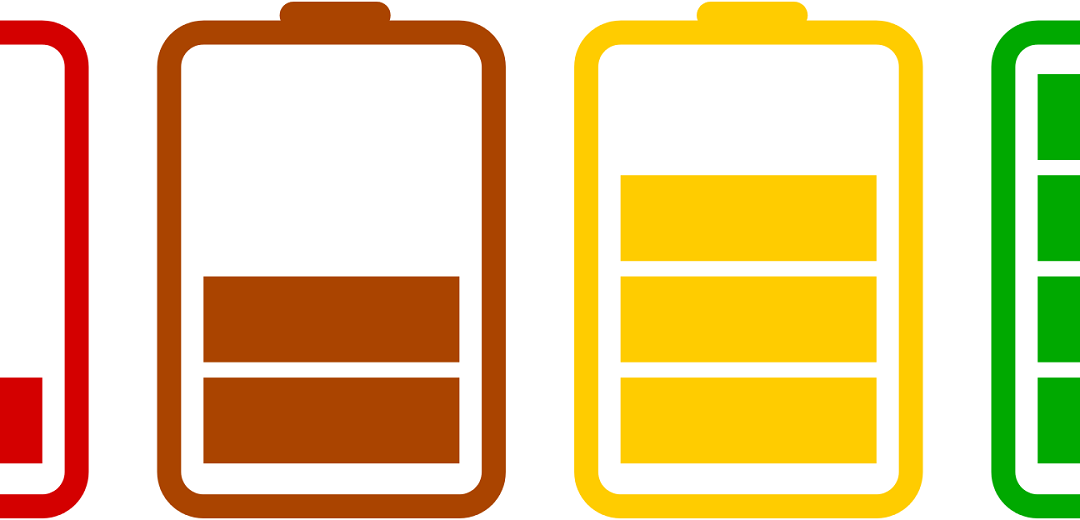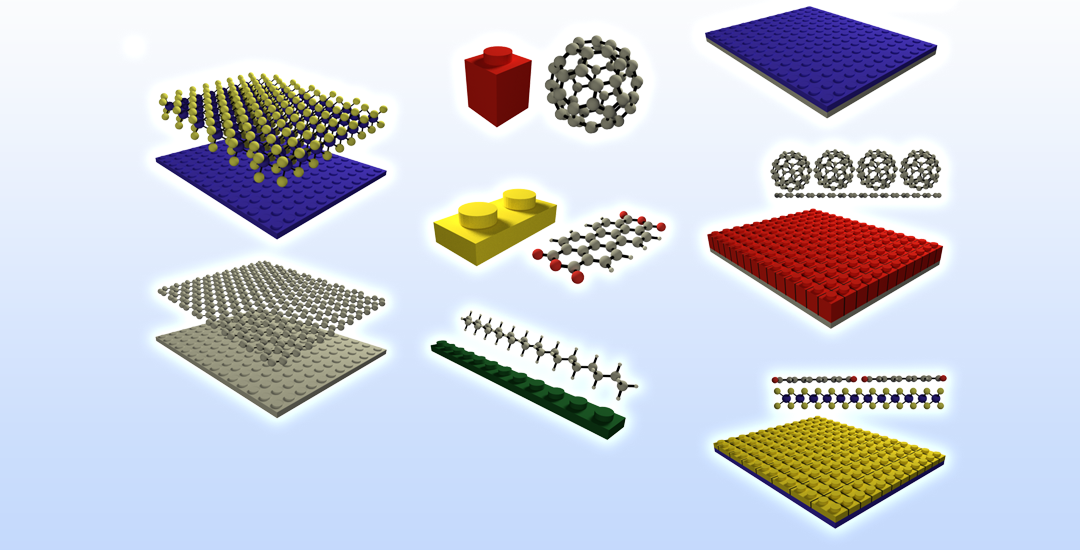The Max Planck Institute of Colloids and Interfaces mourns for the loss of a long-standing founding director.


The Max Planck Institute of Colloids and Interfaces mourns for the loss of a long-standing founding director.

Artificial intelligence is used to analyze the parameters for creating self-cleaning, superhydrophobic surfaces, and to generate a model for optimizing the experimental conditions.

Strain-sensitive ‘smart’ materials that can monitor their own strain and internal damage state.

Replicating the hollow structure of polar bear hairs allows an insulating material to provide thermal management with stealth applications.

Smart windows switch between transparent and opaque states based on environmental cues. Researchers reveal a prototype that exploits plasmons, converting incident sunlight into local thermal energy to trigger the switch.

Multipartite designer nanoparticles are formed from the phage lambda decoration protein and can be used in a variety of theranostic applications.

Lithium-metal batteries can hold up to 10 times more charge than batteries that currently power our phones, laptops, and cars; but, they have one fatal flaw…

Cilia-inspired smart surfaces that sweep micro/nanometer-scale substances in a desired direction could inspire future drug-delivery systems and medical technologies.

The many possibilties of hybrid organic/inorganic van der Waals heterostructure systems where highly-ordered (supra)molecular layers are interfaced with inorganic 2D materials are discussed.
![Low-Power, High-Speed Analog Computing [Video]](https://www.advancedsciencenews.com/wp-content/uploads/2018/03/adma201705914_ASN_image-e1521125299316.png)
Researchers from the University of Massachusetts and Hewlett Packard Labs present a memristor platform for analog computations and forecast a device performance at least 16 times greater than purely digital solutions.